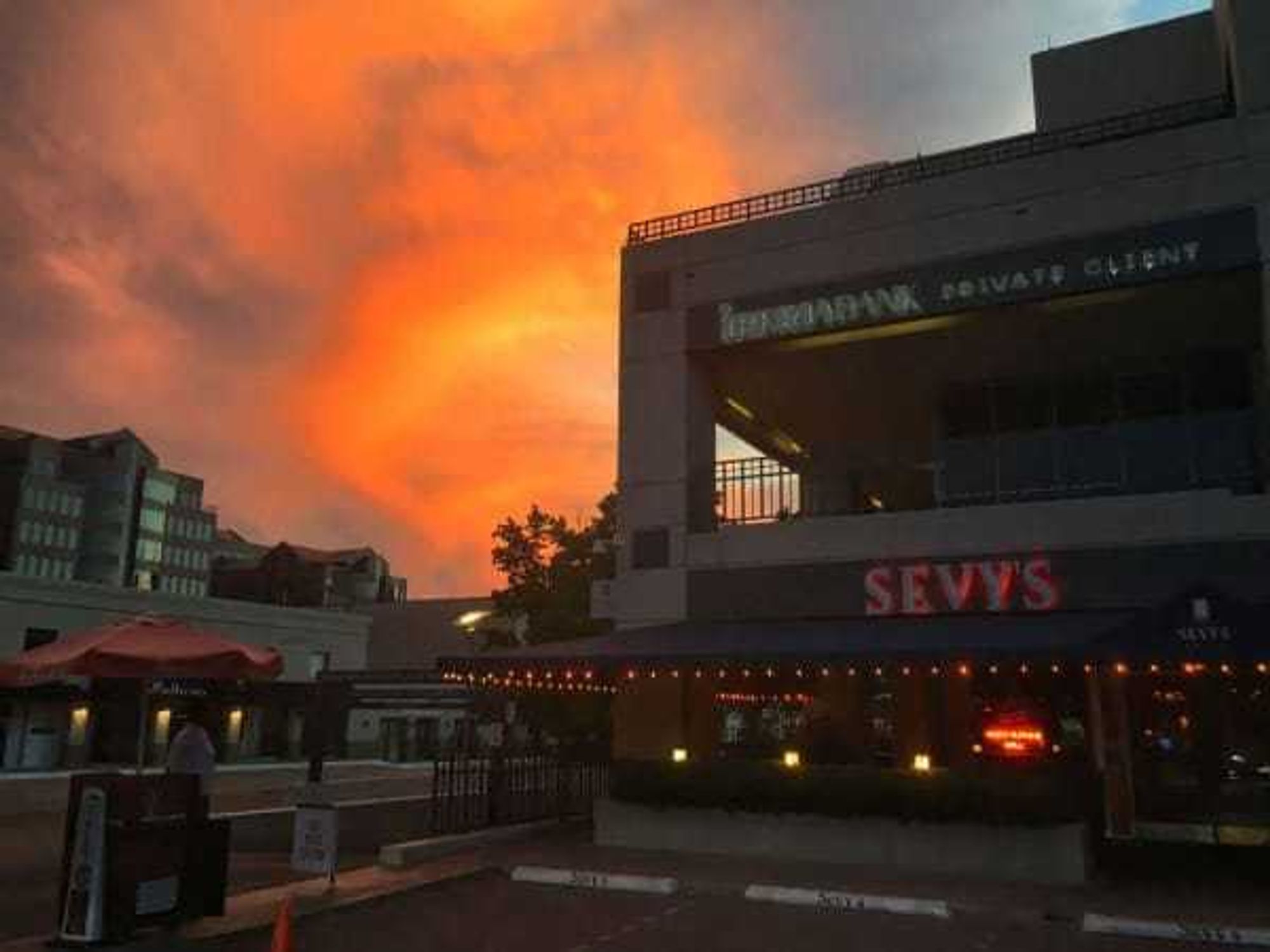Green Grocer Plea
Shop at this Greenville Avenue grocer if you know what's good for you

Indie supermarket Green Grocer is facing dire straits and would really really like it if you would come by to shop. The Greenville Avenue store has one of the best collections of local and sustainable goods, but it needs more customers or else it won't survive.
Co-owner Cassie Green sent out a note to friends and customers, expressing gratitude and then laying out the situation.
"Our little shop is at a critical point," she says. "We have certainly gotten busier with customers since we opened, but we have not yet been able to outpace our expenses with our sales. We spend every day working to make the shop better, more functional and easier to use. But what we really need is support."
Green and her husband, Gary Stephens, founded Green Grocer in Chicago, then opened the second branch on Greenville Avenue in 2012. Their inventory has evolved to accommodate customer requests, but they've always focused on the things an au courant foodie claims to want: organic, sustainable and non-GMO goods and locally raised meats. The lineup includes local beer, such as the newest summer beers from Community, Sundial and Razzy.
They partner with local food delivery company Artizone, and their produce is about as local as you can get.
"We offer Dallas-grown produce from Paul Quinn College and from grower Eat the Yard," Green says. "You can get true organic local produce, which you can't buy at any other stores, except Urban Acres or a farmers market. And all the meat we carry has been pasture-raised and grass-fed."
The couple has learned some instructive lessons about what makes Dallas tick, and how it's different from other big cities.
"From what we have seen, many people of Dallas do value an independent, locally owned grocery store that focuses on the highest quality food and supports local growers and producers," Green says. "I know I personally do and I think there are many folks out there who see it as an important part of the city's business and community landscape.
"But it's been different from the Chicago store, where there's nothing else nearby, and people might walk four or five blocks to come in," she says. "Dallas is more driven toward convenience."
The store does have its group of regulars who use it to do their entire food shopping, but Green stresses that it wouldn't take that much to keep them afloat.
"The difference that keeps us going versus not isn't huge," she says. "An extra visit a month creates a massive difference. Every customer, every purchase counts. That's the beauty of a small business — you all matter."
